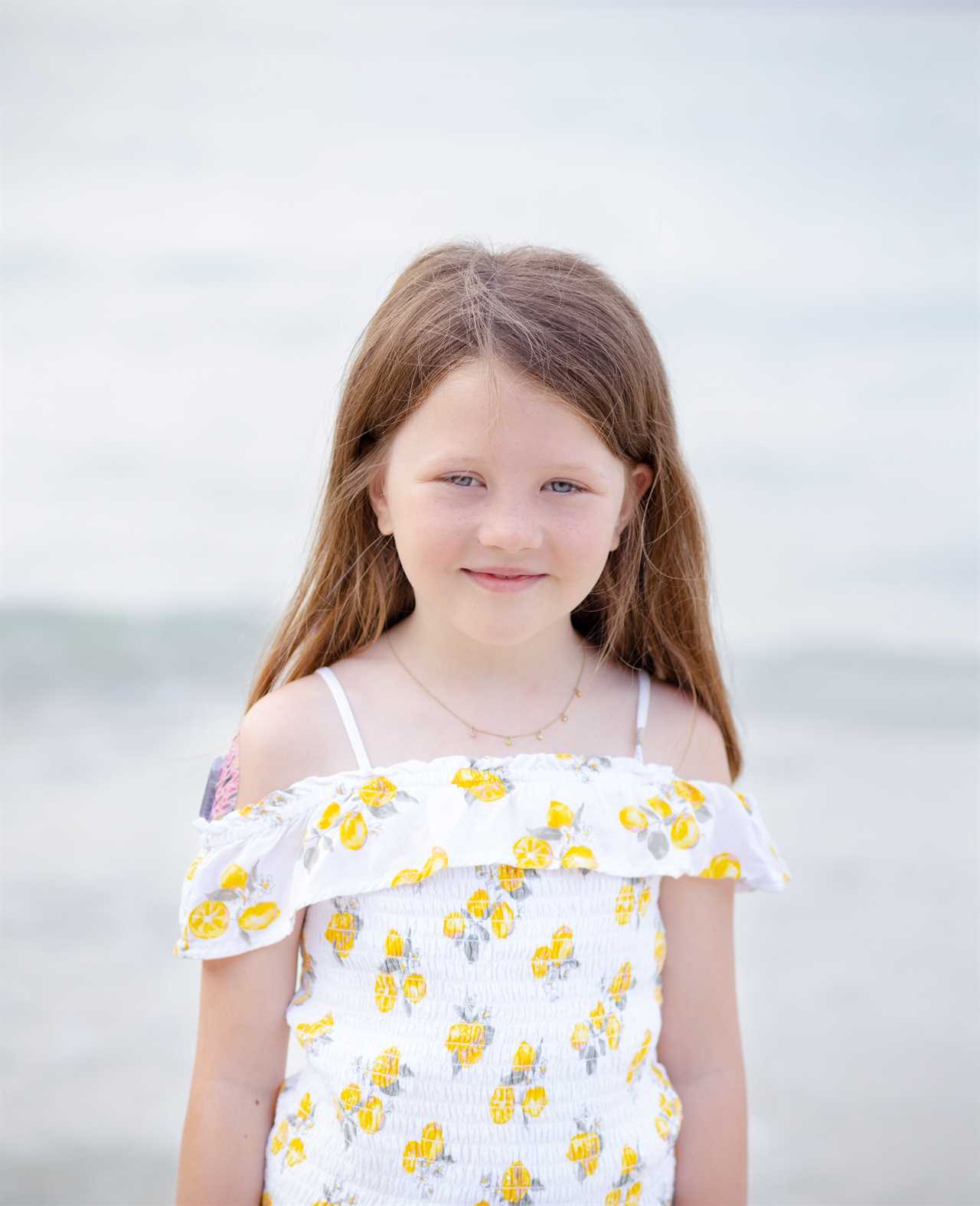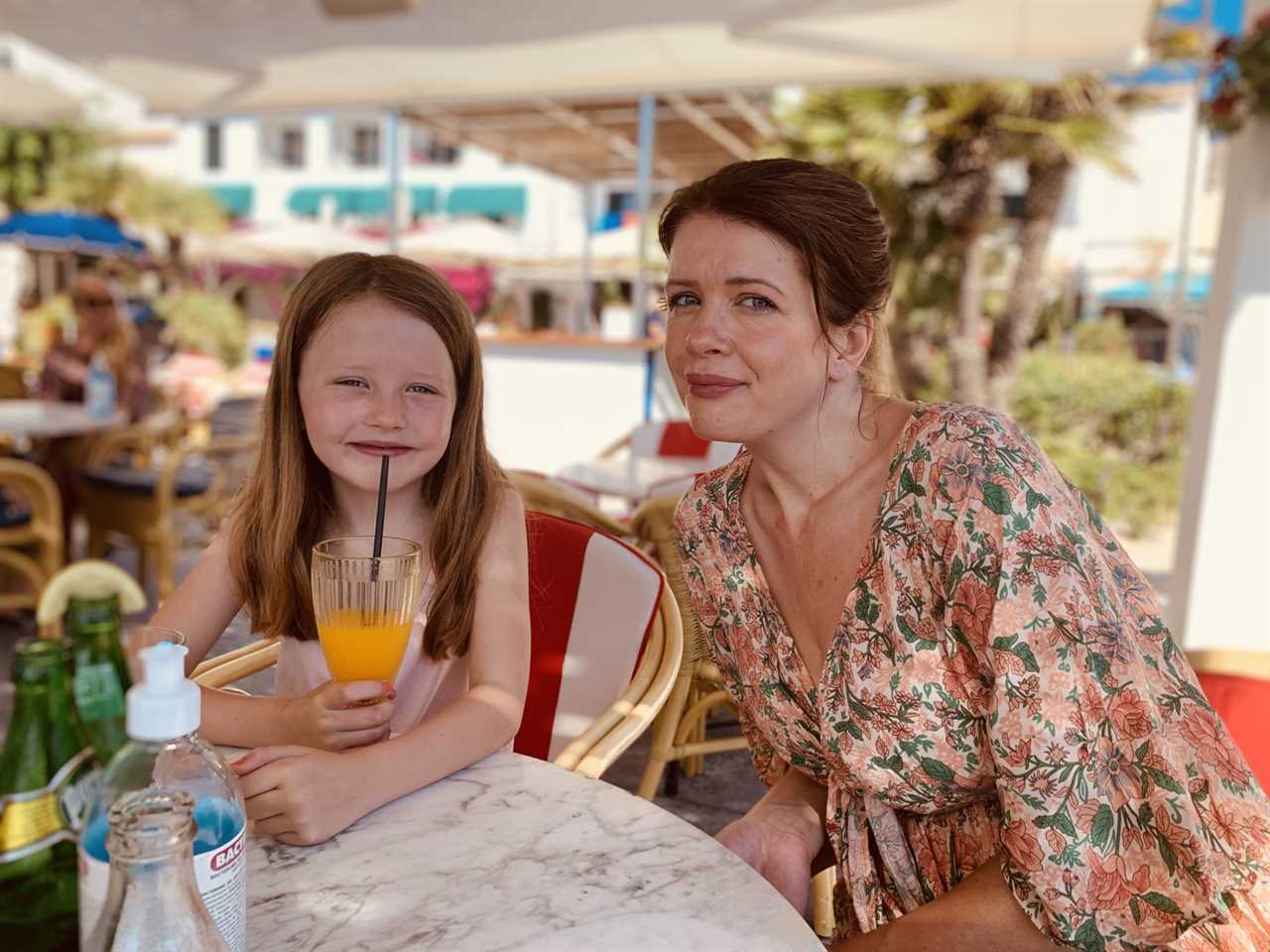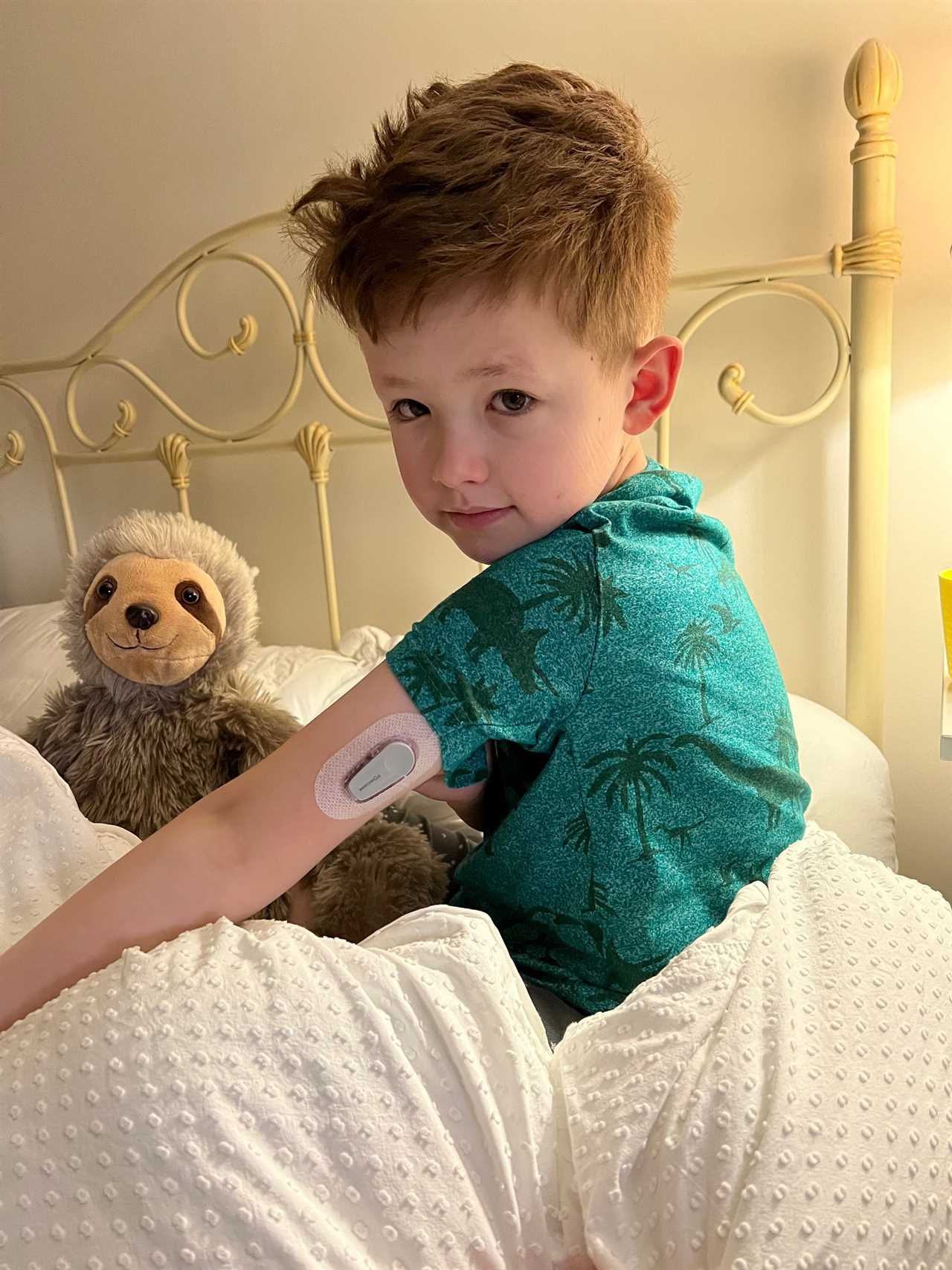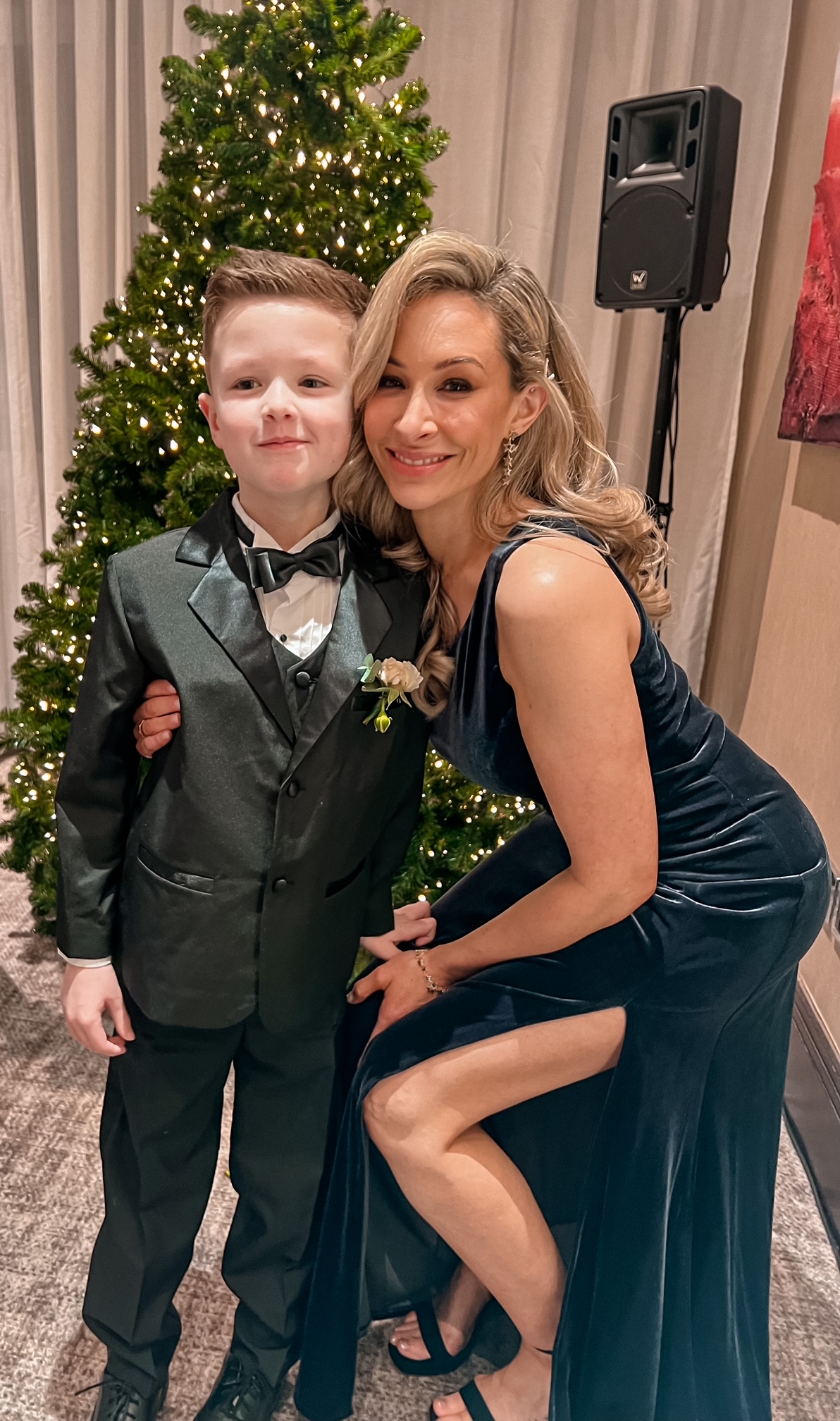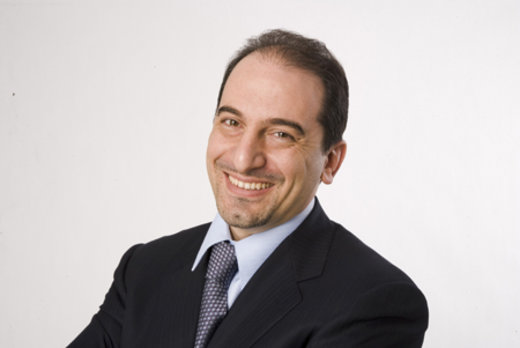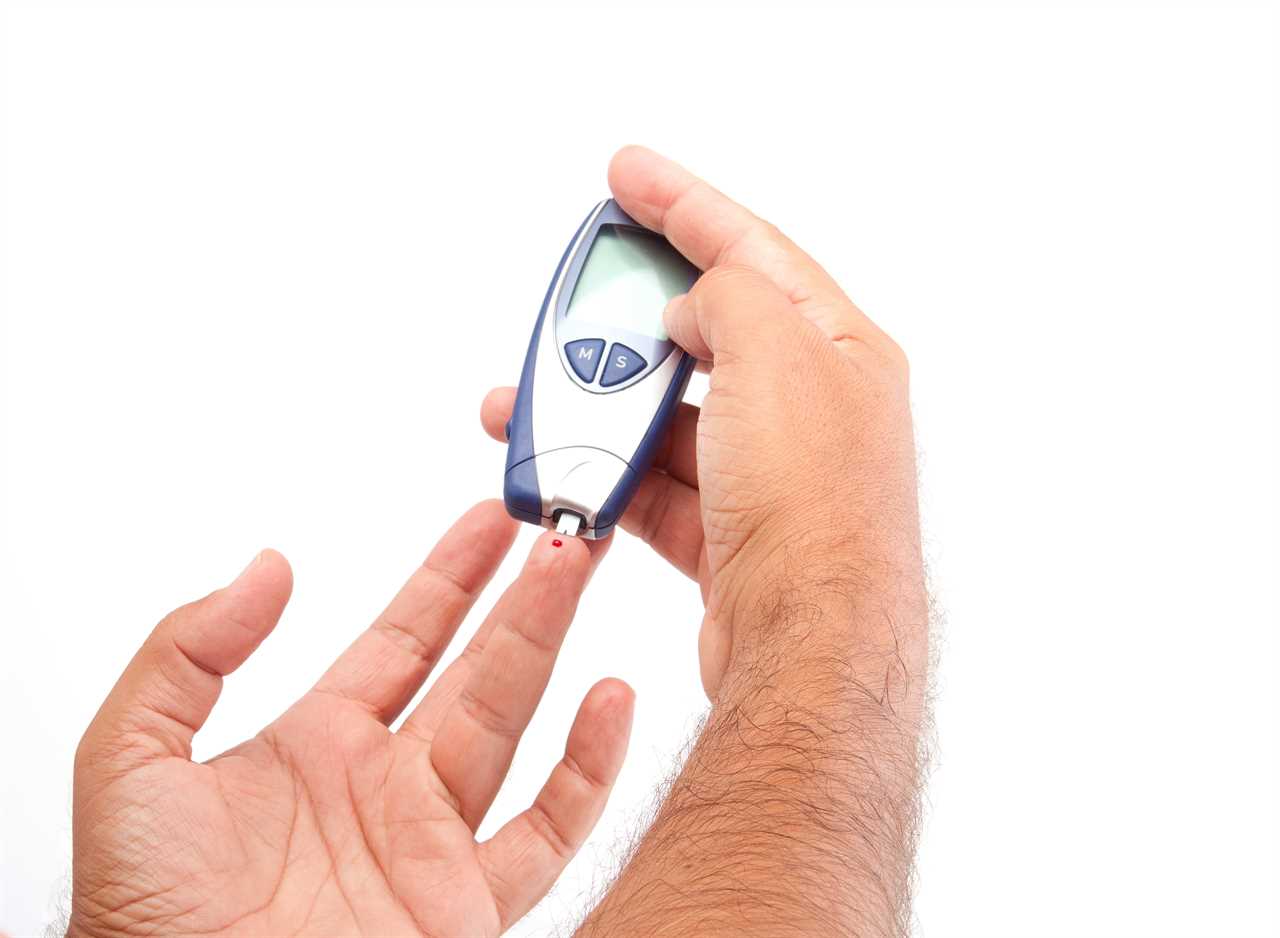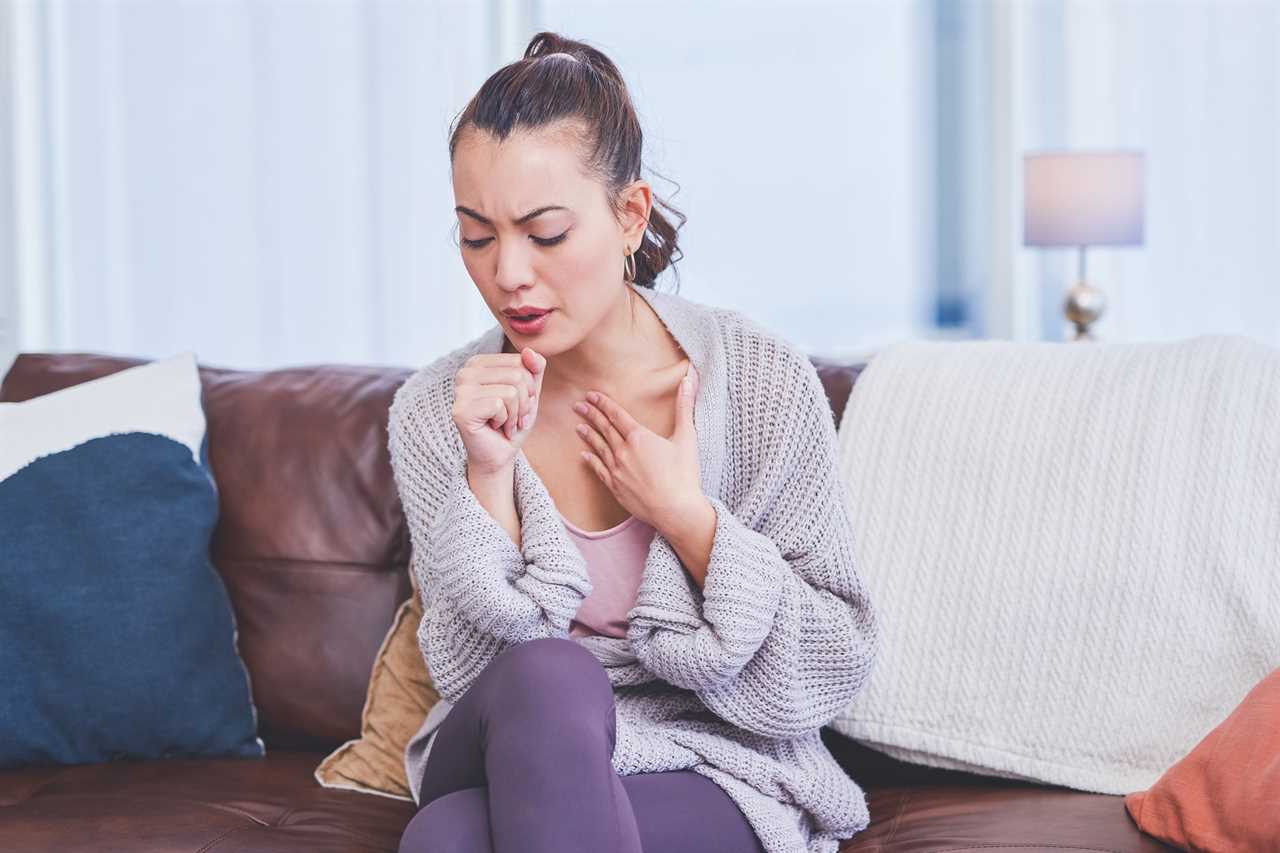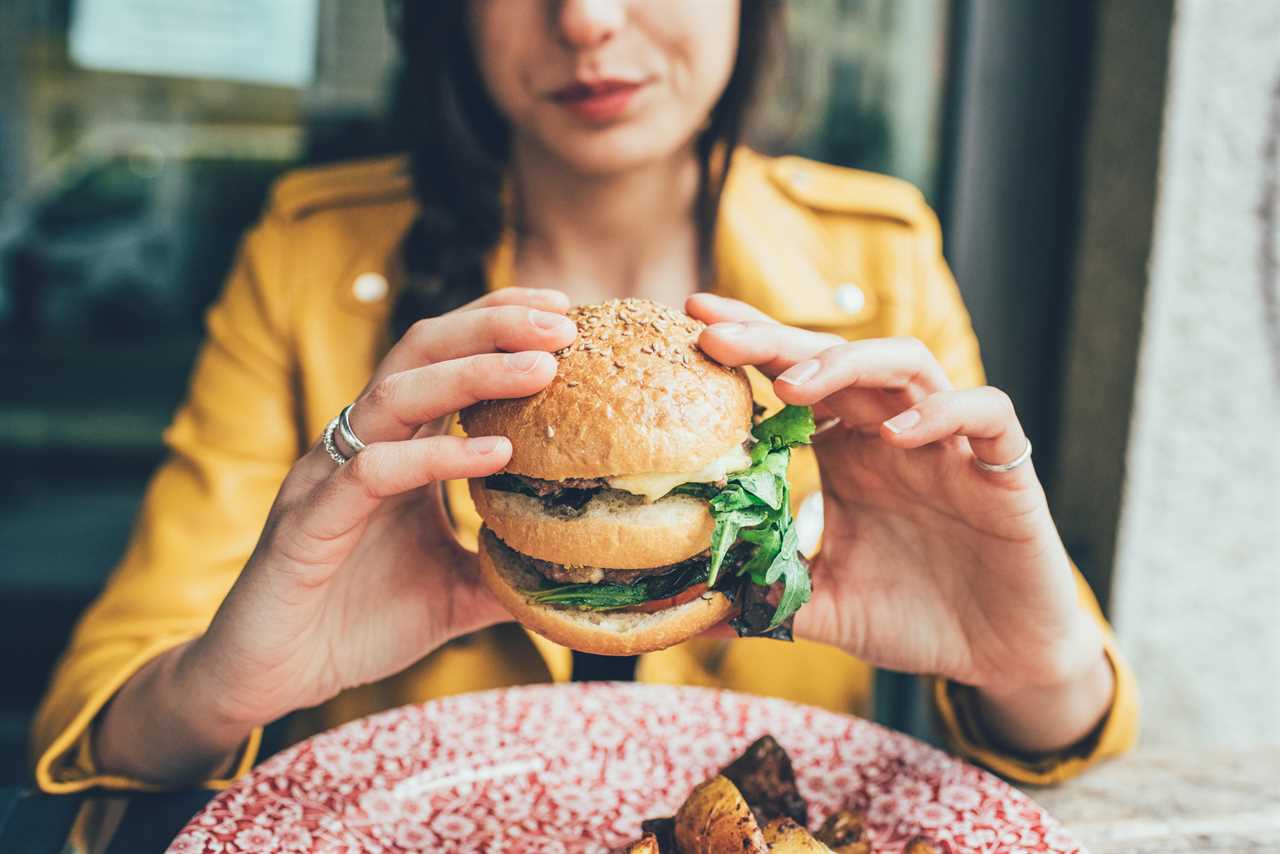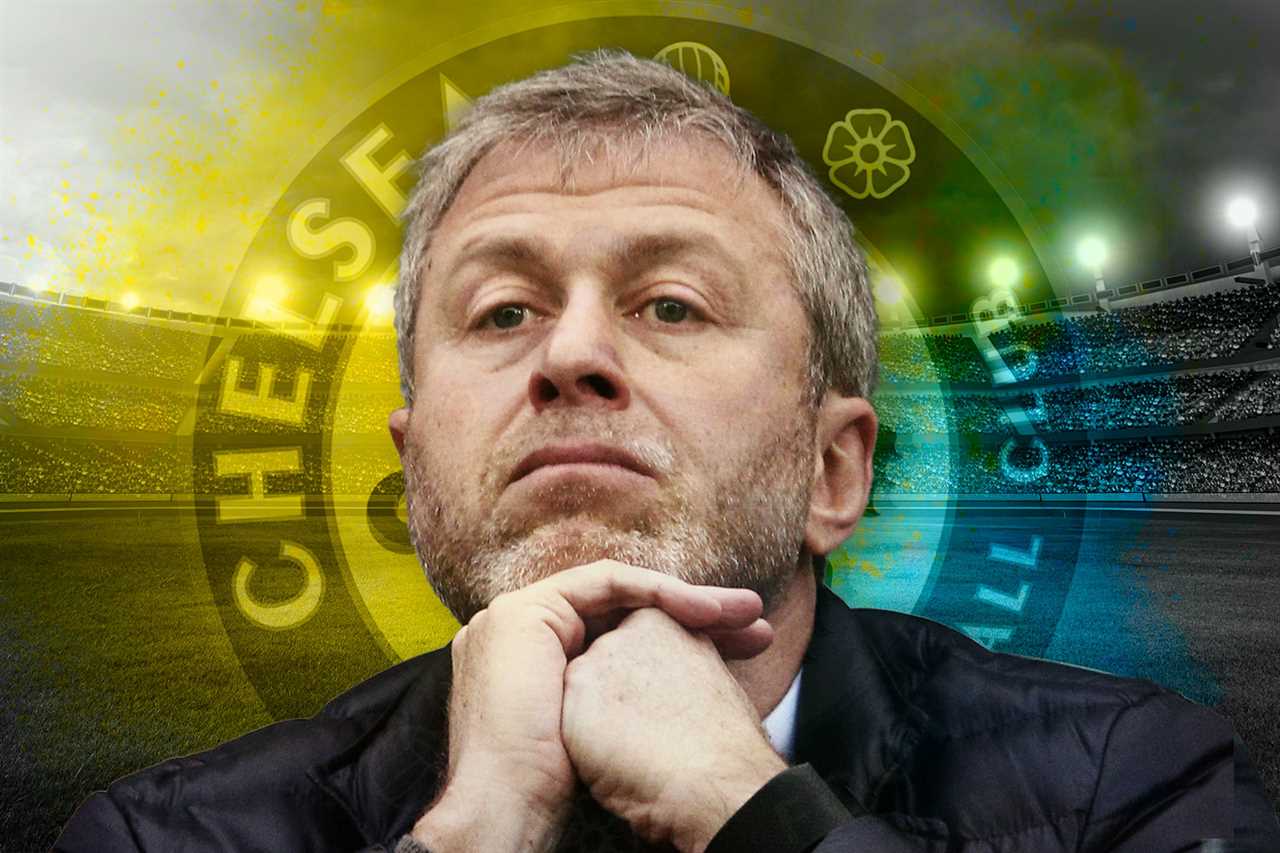WHEN it comes to the long-term effects of Covid, fatigue, shortness of breath and brain fog are all too common.
But, as the two-year anniversary of the first lockdown looms on Wednesday, there are mounting fears of a new after-effect — diabetes.
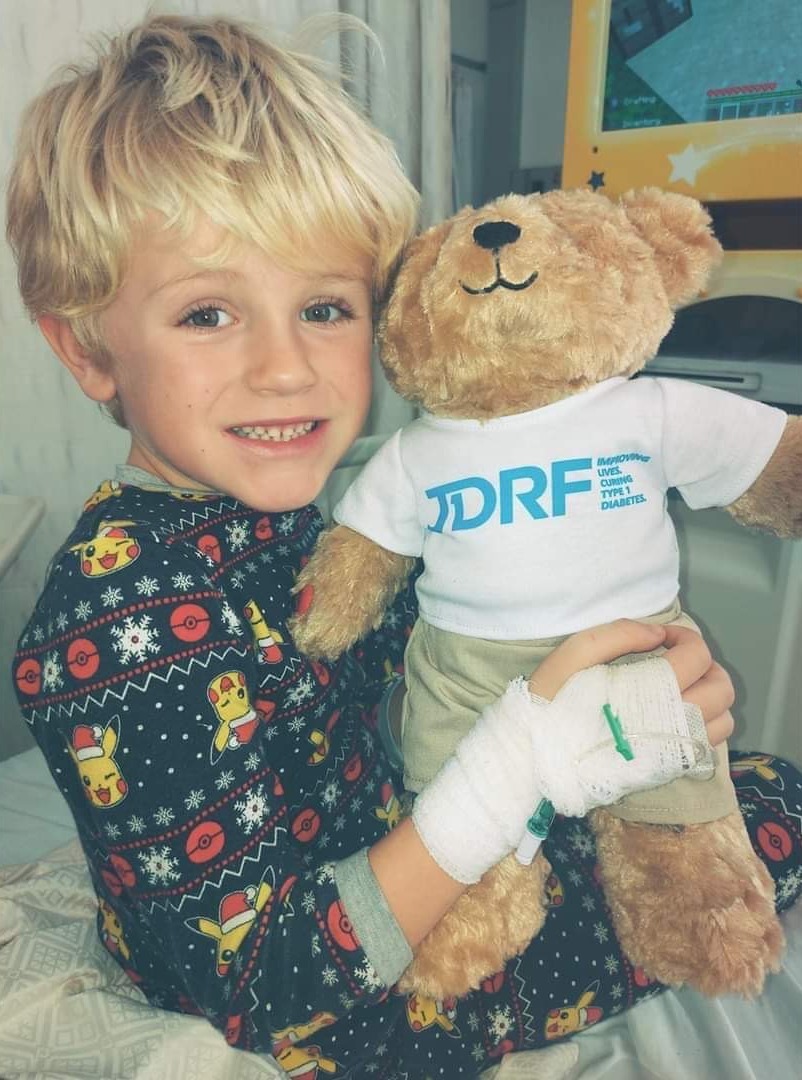
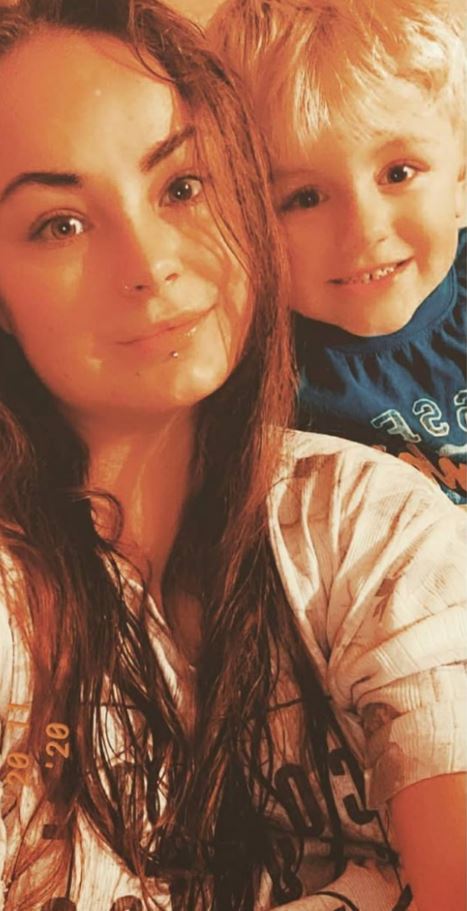
Scientists in the UK and US raised the alarm early in the pandemic, after spotting a spike in cases of the potentially life-threatening condition.
Since then studies have linked the virus to both Type 1 and 2 diabetes.
Professor Francesco Rubino, from King’s College London, is leading research into the link and warns we might be seeing an entirely new, as yet unseen form of diabetes.
But he tells Fab Daily it could lead to a new understanding of how diabetes develops, paving the way for new treatments.
Read more on diabetes
Both type 1 and 2 diabetes occur because of a lack of the hormone insulin in the body.
Type 1 is the result of a genetic disorder and occurs when the body’s immune system attacks and destroys the insulin-producing cells in the pancreas.
Type 2, which is lifestyle-related and emerges later in life, occurs when the body doesn’t produce enough insulin or the insulin it does produce doesn’t work properly.
Victoria Jennings’ daughter Isla was diagnosed with Type 1 in September 2020, aged seven. She contracted Covid at the start of the pandemic, along with dad Dave and sisters Ana, 13, and Honey, 11.
Victoria, 42, who runs a baby class company, noticed her daughter, now eight, was drinking excessively while on holiday in Majorca in July 2020.
Constantly hungry
Victoria, from Stockport, said: “Isla would get through a two-litre bottle of water in one evening.
“I put it down to being hot at first but then I started searching the internet and I became convinced she had Type 1 diabetes.
“She was constantly hungry, too, and seemed to be losing weight no matter what she ate.”
Back in the UK, Isla’s GP did a finger prick test and called an ambulance to take her to Stepping Hill hospital in Stockport.
“Her bloods were at a dangerous level and we were told we had brought her in just in time,” recalls Victoria. “It was one of the most terrifying times of my life.”
The Jennings family are not alone. The mothers of little Kobi Dickson and Oli Hughes suspect their sons’ brushes with Covid triggered their diabetes, too.
A recent German study found adults recovering from Covid were at greater risk of developing Type 2 diabetes. And another large study tracked more than 47,000 patients in hospitals in England and found five per cent developed diabetes in the seven months after recovering from Covid.
Earlier this year, US scientists examined a dataset that found kids who had caught Covid were 31 per cent more likely to be diagnosed with diabetes than those who had avoided it.
Meanwhile, another US study found Covid survivors were about 39 per cent more likely to be newly diagnosed with diabetes in the six months after recovering.
Prof Rubino says the findings “add further concern”.
He says: “What we do not know yet is if the observed increased number of new diagnoses of diabetes is an effect of the pandemic or the virus itself.
“Are we simply discovering more cases of diabetes because more people during the pandemic have received some level of medical attention? Or are we seeing more diabetes because of changes in lifestyles imposed by long and repeated lockdowns? Or is the virus itself capable of causing diabetes? Or all of those things together?”
But one thing is clear. Since the start of the pandemic there has been a relationship between Covid and diabetes, Prof Rubino says. He cautions, this does not necessarily mean Covid is causing the condition, but that the theory is “plausible and needs to be investigated”.
“As time has gone on, we’ve seen an increase in the numbers of people across all demographics being diagnosed with diabetes, both during Covid and after getting Covid.
“People normally think of Covid as a respiratory disease, but the cells the virus can enter aren’t just the ones lining the respiratory system. We know they can enter the organs responsible for insulin production too,” he explains.
“There’s also a possibility that the diabetes we’re seeing now is an entirely new strain that we haven’t witnessed before.”
While alarming, Prof Rubino hopes the “Covid link” might lead to a better understanding of how diabetes develops, giving families like the Jennings’s the hope of new treatment options.
After being rushed to hospital, Isla spent seven days on the ward and a consultant told her parents they suspected a link between her bout of Covid and developing Type 1. It is a diagnosis that Victoria says has “affected everything” for Isla.
She adds: “There’s not a part of her life unchanged because of it. She can’t always go on play dates or to birthday parties.
“Her sisters can’t just come in from school and grab a snack because it’s not fair on Isla, who has to check her bloods first.
“I’m still up every night to check on her, to make sure she’s OK. She does the finger pricks herself, but I administer all her insulin. It’s changed everything and her life won’t be the same again.”
Victoria’s hope is that “scientists will unlock something that will lead to better treatment that isn’t so life-changing”. Professor Rubino hopes so, too. In an unexpected silver lining, he says Covid has the potential to revolutionise what we know about diabetes.
“From a research perspective, we could be on the brink of learning new things about a very old disease because of Covid,” he explains.
“We don’t know what causes diabetes or where it comes from. The new Covid-related cases could help us to understand that, which could lead to new treatments.”
Sophie Dickson, 27, from Llanelli, Carmarthenshire, says her son Kobi, seven, was diagnosed with Type 1 diabetes in October 2021. A month earlier, 11 children in his class had tested positive for Covid.
Sophie, who works in a bar, says: “Within 24 hours he went from being absolutely fine to the most ill I’ve ever seen him.
“Kobi has autism and no matter how hard I tried, I couldn’t get him to cooperate to have a lateral flow test.”
However, Sophie is convinced he had Covid. She adds: “He has asthma too and was really struggling to breathe. His eyes were puffy, he was sleeping loads, he couldn’t speak.”
A week or so after Kobi recovered, he began waking in the night. He’d never wet the bed but was drinking so much in the day, it started happening. He just couldn’t quench his thirst,” says Sophie.
She called the doctor who did a finger prick test and sent Kobi to Carmarthen Hospital. Sophie says: “His blood levels were dangerously high and they told us when we got there, if I hadn’t taken him that day, things could have been fatal.
“I remember the blood draining from the consultant’s face when he saw how high his bloods were.
“He was diagnosed straight away with Type 1 diabetes, and they asked if he’d had Covid.”
Sophie was told the hospital had seen lots of children and young people coming in with Type 1 diabetes after catching Covid. Kobi spent three days in hospital while he started treatment and his bloods were brought under control.
“Since he’s been diagnosed, he’s learned to live with his condition really well,” says Sophie. “I’m so proud of him.”
Oli Hughes, from Chester, was just seven when he was diagnosed with Type 1 diabetes on Christmas Eve last year.
He had contracted Covid in December 2020 and again in September 2021.
Victoria, 36, a microblading tattooist, says: “He had a mild sniffle the first time round and nothing the second time round, but it was rife in his school. A week or so afterwards, though, things started to change.
“He had an insatiable hunger and thirst. I remember taking him to a cafe and he had a hot chocolate, an orange juice, some water and was still telling me he was so thirsty. He’d go to bed asking me what was for breakfast despite the fact he’d have eaten all his dinner and had a snack before bed.”
Oli also began to lose weight.
Victoria adds: “I put it all down to a growth spurt — he’d grown about an inch in a couple of months.”
However, the worried mum booked Oli to see his GP, who did a urine test. “She told me Oli had diabetes. I was in utter shock.”
Oli was sent to the Countess of Chester Hospital where he spent the next few days. Victoria says: “I couldn’t believe how unlucky he’d been.
“We had no family history. Oli was fit and healthy and loved running around and now we were trying to get our heads around a lifelong diagnosis that could affect his future. He needed a Dexcom put into his arm, which is a tiny needle that monitors his blood sugars constantly.
Read More on Trending In The News
“It seemed like such an upheaval and life change. Since Oli started treatment another boy in his class has been diagnosed too. It simply can’t be a coincidence.
“I definitely believe his diagnosis has come from him having Covid, which makes me wonder what else the virus might do in five or ten or 15 years.”
